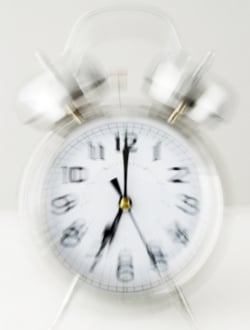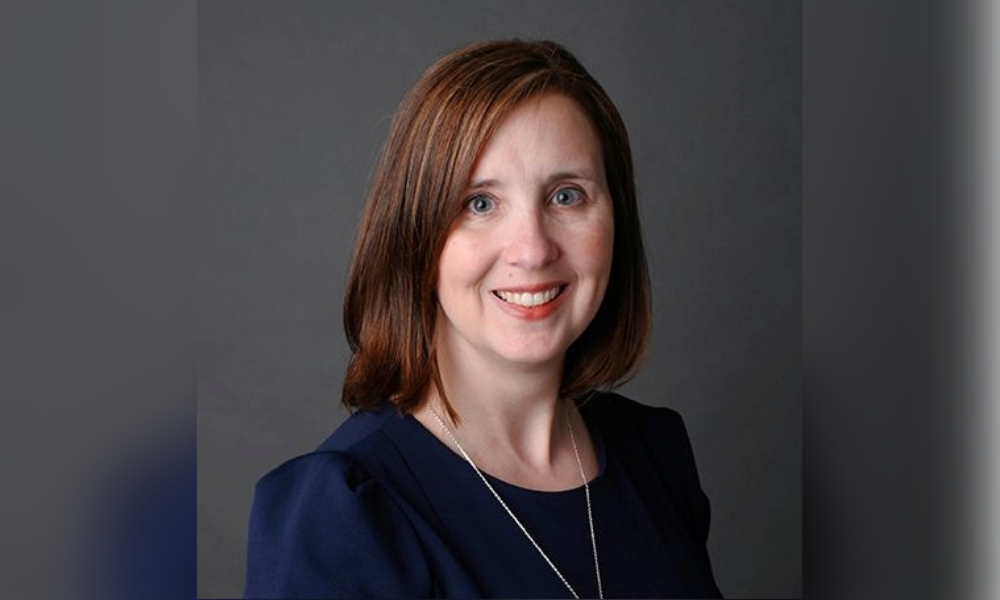Do you ever wish that your employees, rather than rehearsing the same tired excuses, were a little inventive when it came to explaining their lateness?

 Citing problems with traffic is the most common excuse trotted out for arriving late at work, according to a Career Builder survey. This lame excuse is followed by a lack of sleep, childcare arrangements, weather, and public transport.
Citing problems with traffic is the most common excuse trotted out for arriving late at work, according to a Career Builder survey. This lame excuse is followed by a lack of sleep, childcare arrangements, weather, and public transport.
While most employers will forgive an employee for relying on one of these excuses sporadically, repeated lateness can be problematic. Over one third of hiring managers have fired someone for persistent tardiness, according to Rosemary Haefner, VP HR – Career Builder.
However, if someone came to you with one of these excuses, you’d be hard pressed to respond with anything but a hearty chuckle.
Most memorable excuses for arriving late at work:
-
An employee accidentally dropped her purse into a coin-operated newspaper dispenser and couldn’t retrieve it…since her change was in her purse.
-
An employee left home with his flatmate’s girlfriend’s shoes on and had to return in order to change them.
-
One employee’s vengeful wife froze his truck keys in a glass of water in the freezer.
-
An employee was delayed because she had to dress her cement duck in a rain coat since rain was expected later in the day.
-
One employee couldn’t start his car because his breathalyzer indicated that he was drunk.
-
An employee’s hair clippers died in the middle of his attempt to cut his own hair before work so he had to wait for a barber to open.
-
Another employee’s car was attacked by a bear.
-
One employee drove to her ex-employer by mistake.
- Another employee claimed to have been delayed by delivering a stranger’s baby on the side of the motorway.
*Harris Interactive conducted the survey on behalf of Career Builder between November 1 and November 30, 2012. Participants comprised 2,611 hiring managers and HR professionals in addition to 3,991 full-time, private sector employees in the US.






